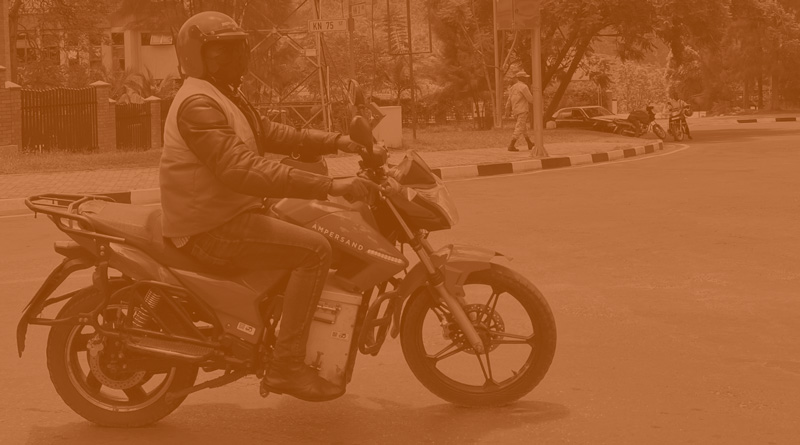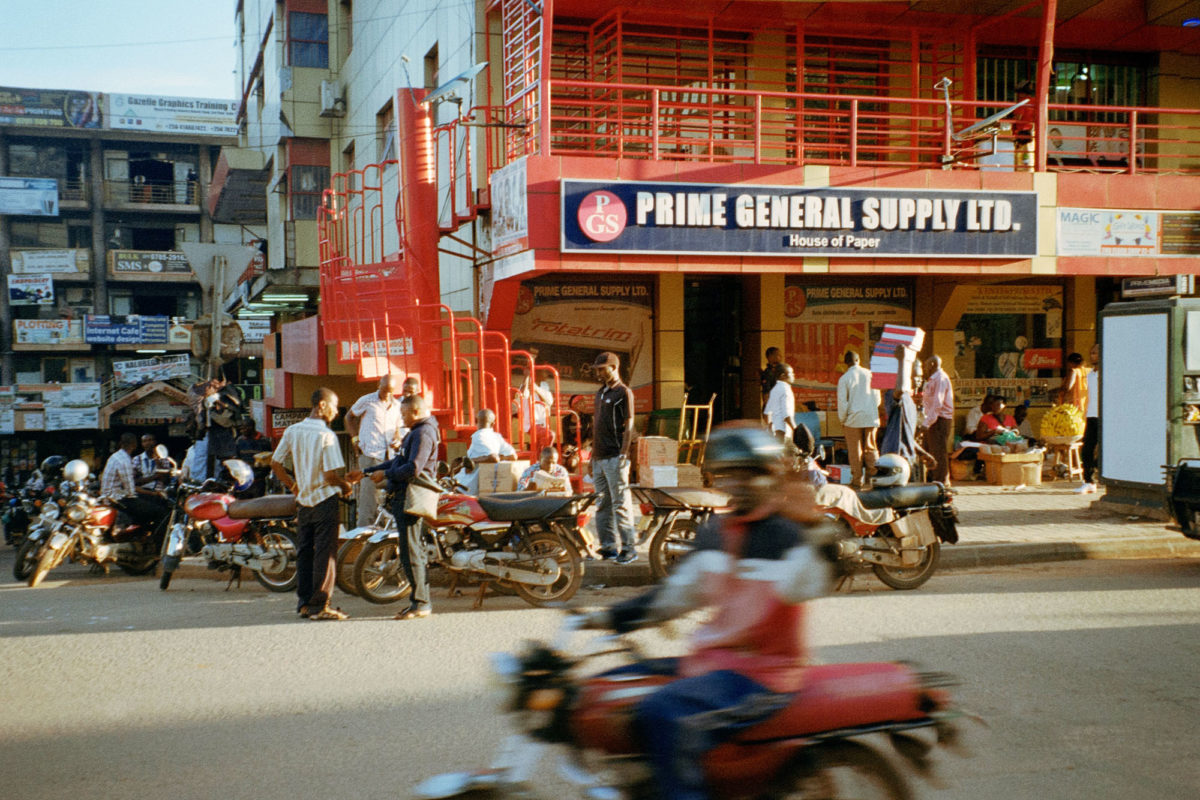Announcing the Launch of Three African Research Programs on Mobility & Access in African Cities (ARP-MAC)
Consortium leaders, Dr. Gladys Nyachieo, Dr. Josephine Malonza and Dr. Gift Dumedah. The Volvo Research and Educational Foundations (VREF) is excited to announce the establishment of three African Research Programs (ARP-MACs) within its “Mobility & Access in African Cities” (MAC) program. This announcement follows a competitive call for applications issued in 2023, inviting researchers from

